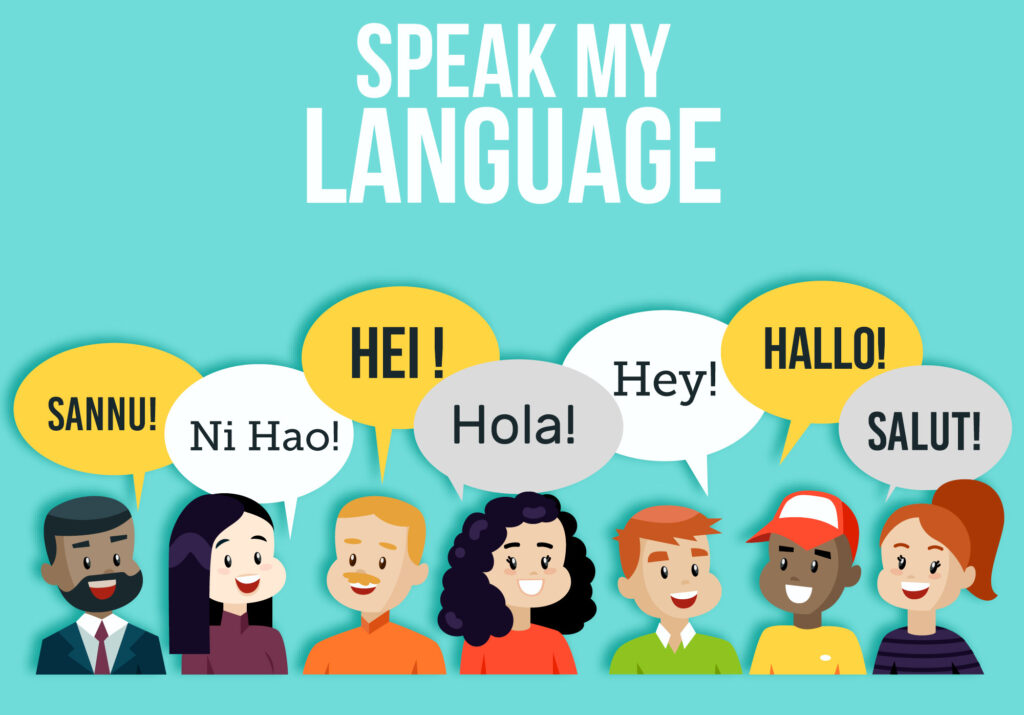In the article, Ginwright argues that we should be taking a healing-centered approach to learning. Many people are healing from trauma, and building empathy with others who experience trauma can help. Empathy is critical and the center of engagement. Ginswright shares how he feels that we are not defined by our trauma, and I agree with that; everyone has to deal with something, and it doesn't make us who we are. Once the trauma is acknowledged is when the healing process can start. This healing-based approach focuses on building an identity for someone, reflecting on the trauma, and ensuring we put our well-being first. In this new perspective, Ginswright talks about how they focus on the person, how they are a good person, and the impact of the trauma they experienced. It focuses on who you are as a person over being a victim of trauma. This can help youth workers gain more knowledge and how to help others and themselves. Although this new way of healing is political, which he makes known. He talks about this method because he feels that how we try to help our youth is not the best and can make them feel like victims of the situation.
Comments/Questions/Points to Share: Everyone heals differently, and most people's situations are different from others. If we can understand this, there can be more empathy for those dealing with trauma, and they could feel more support during the healing process. Working with kids, I notice how every kid can be calmed down in a different way when they are upset. When I am a teacher, I want to connect with my students so I can support them in the best way for them.
Hyperlink: https://www.nea.org/advocating-for-change/new-from-nea/how-support-students-who-have-experienced-trauma-guide-aspiring










